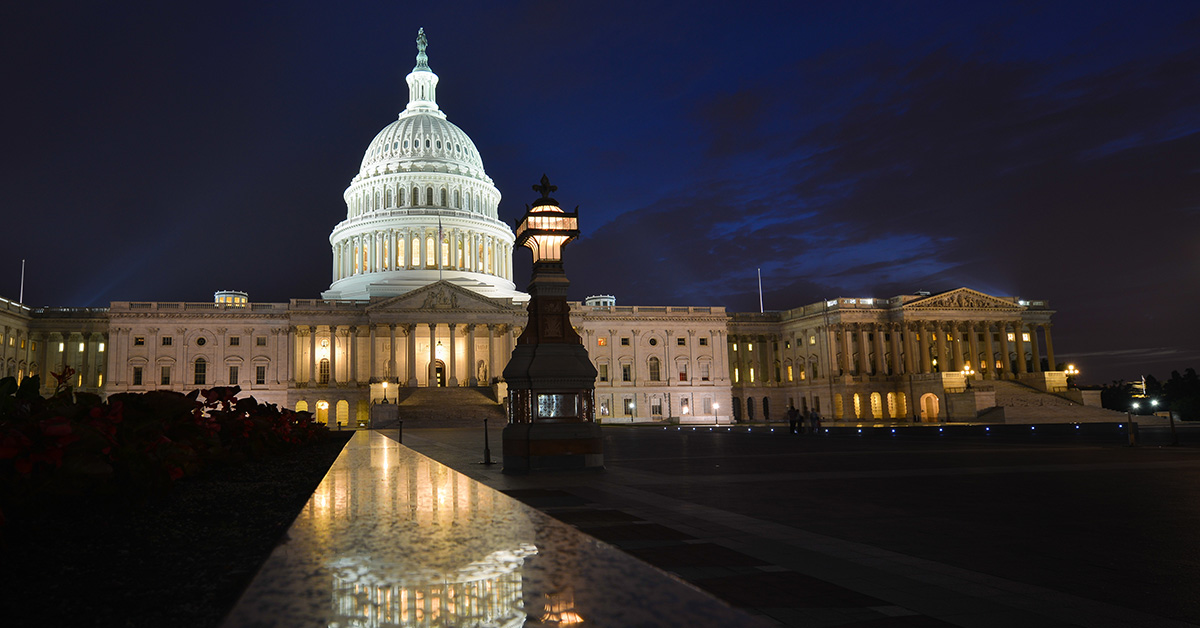By Author
All Authors
Aidan Davis
Alan Essig
Alex Welch
Ambika Sinha
Amy Hanauer
Andrew Boardman
Brakeyshia Samms
Carl Davis
Dacey Anechiarico
David Crawford
Devin Douglass
Dylan Grundman O'Neill
Eli Byerly-Duke
Emma Sifre
Erika Frankel
Estefan Hernandez Escoto
Galen Hendricks
Guest Blogger
Ian Berlin
ITEP Staff
Jenice Robinson
Jessica Schieder
Jessica Vela
Joe Hughes
Jon Whiten
Kamolika Das
Lisa Christensen Gee
Logan Liguore
Lorena Roque
Marco Guzman
Matthew Gardner
Meg Wiehe
Michael Ettlinger
Michael Mazerov
Miles Trinidad
Misha Hill
Monica Miller
Moore v. United States
Neva Butkus
Nick Buffie
Nick Johnson
Page Gray
Peter Della-Rocca
Reggie Rucker
Richard Phillips
Rita Jefferson
Ronald Mak
Sarah Austin
Sarah C. G. Christopherson
Sasha Pudelski
Spandan Marasini
Stephanie Clegg
Steve Diese
Steve Wamhoff
Vanessa Woods
Wesley Tharpe
Zachary Sarver
By Focus
All Areas
2025 tax debate
Alabama
Alaska
American Families Plan
American Jobs Plan
American Rescue Plan
Arizona
Arkansas
Budget
California
Cannabis Taxes
Capital Gains
Carbon Tax
Child Tax Credit
City-Level Policy
Colorado
Conformity
Connecticut
Corporate Alternative Minimum Tax
Corporate Tax Watch
Corporate Taxes
COVID-19
Data Centers
Deficit
Delaware
District of Columbia
Education Tax Breaks
EITC
Estate Tax
Federal Policy
Financial Transactions Tax
Fines and Fees
Flat Tax
Florida
Gas Taxes
Georgia
GILTI
Global Minimum Tax
Guam
Hawaii
Health Care and Taxes
Idaho
Illinois
Immigration and Taxes
Income Taxes
Indiana
Inequality
Inflation Reduction Act
international tax havens
Iowa
IRS
Itemized Deductions
ITEP State Rundown
ITEP Work in Action
Kansas
Kentucky
Local Property Taxes
Louisiana
Maine
Mandatory Repatriation Tax
Maryland
Massachusetts
Medicare tax
Michigan
Minnesota
Mississippi
Missouri
Montana
Moore v. United States
Nebraska
Nevada
New Hampshire
New Jersey
New Mexico
New York
No Tax Breaks for Outsourcing Act
North Carolina
North Dakota
OBBBA
Offshore Tax Avoidance
Ohio
Oklahoma
Opportunity Zones
Oregon
Payroll Tax
Pennsylvania
Philadelphia
Profit shifting
Property Taxes
Puerto Rico
Racial Equity
Racial Wealth Gap
Refundable Tax Credits
Regressive Taxes
Retirement Tax Breaks
Rhode Island
Sales Taxes
SALT
Social Security
South Carolina
South Dakota
State Tax Watch
Stock Buybacks
Stock Options
Supply-Side Economics
Tariffs
Tax Breaks
Tax Credits for Workers and Families
Tax Cuts
Tax Cuts 2.0
Tax Cuts and Jobs Act
tax havens
Tax on Overtime
Tax on Tips
Tax Reform
Taxing Wealth and Income from Wealth
Tennessee
Texas
Tips and Overtime
Transition Tax
Trump Tax Policies
Trump-GOP Tax Law
U.S. Virgin Islands
Undocumented immigrants
Utah
Vermont
Virginia
Vouchers
Washington
Wealth Gap
Wealth Tax
West Virginia
Who Pays?
Wisconsin
Worldwide Combined Reporting
Wyoming
Research Category
All Categories
Corporate Taxes
Federal Policy
Inequality and the Economy
Refundable Tax Credits
Tax Analyses
Tax Reform Options and Challenges
Taxing Wealth and Income from Wealth
Trump Tax Policies





